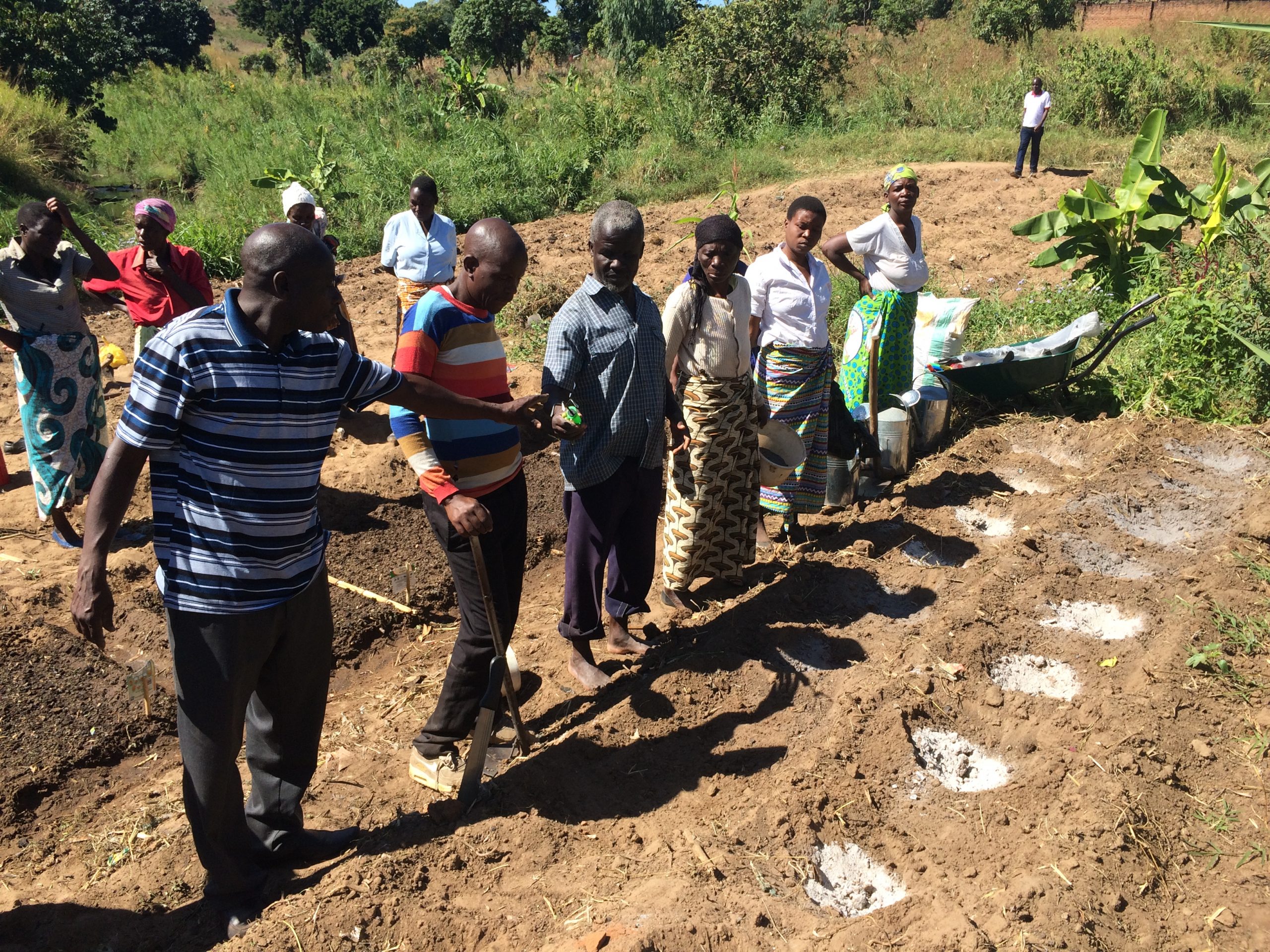The Slow Food Convivium in Olgiate Olona, Italy, is organising a crowdfunding campaign as a fundraising campaign to support HIV-positive farmers in Malawi. This year the meatballs will be balls full of seeds to plant and there will be live concerts on the Facebook page of Villa restelli . You can support the initiative by donating through the crowdfunding page, here.
The “7000 meatballs for Malawi” (“7000 polpette per il Malawi” in Italian) fundraising campaign was born in 2016 to support the project of gardens in Africa. The Dream program of the Community of Sant’Egidio in Malawi in collaboration with Slow Food International helps to support HIV-positive patients and families in poverty.

Villa Restelli together with Efraim Community, Pachamama Community, Sichem Community, and Slow Food Valle Olona has created this original format: cooking meatballs as many as the amount of money you want to collect.
All thought of as a beneficial dinner in the beautiful setting of the Villa Restelli garden, accompanied by good wine and live music.
A pleasant, fresh, cheerful evening but with a very strong and meaningful purpose: to support Africa, its people and its biodiversity!
The success of the early evening in 2016 was phenomenal and so every year more and more people couldn’t wait to participate in the “Meatballs for Malawi” event.
We decided to raise the bar every year, trying to collect more and more donations to enlarge the project. From the first 3 gardens created, we have now reached 45 gardens in Malawi with more than 600 farmers who can cultivate together with their families fruits and vegetables, preserving their biodiversity, avoiding intensive crops, GMO seeds and chemical pesticides.

The gardens are organic, they follow certain natural techniques of protection from pests and they produce many different vegetables, some deriving from forgotten ancient seeds, the result of research carried out by our Malawian farmers.
In this way, the DREAM program can provide nutritional support to its patients.
Slow Food also deals with the training of these farmers.
The project has been very successful and many people are now trying to repeat our model, in a country where multinationals seed are the masters, where there is one of the highest consumption of chemical pesticides in the world and where unfortunately they still suffer hunger.
There is still a lot to do: in addition to new vegetable gardens in the country, we now want to try to make the projects more sustainable so that the farmers/patients who work in the garden not only benefit from the harvest but also that this activity becomes a real job. We hope to create a virtuous economic circle with local restaurateurs and processors who support the slow food philosophy.

Although in this particular pandemic situation from Sars-Cov2, we would like to try to raise € 7000 to continue supporting the HIV-positive farmers in Malawi, helping them to better organize their gardens by purchasing or creating materials.
We want to promote the organization of new training courses and the creation of a network with local restaurateurs so that these gardens can, other than provide immediate sustenance for the farmers, become a real job. We hope that the project can give an opportunity for positive development for Malawi itself, becoming a virtuous example of a new way of doing agriculture in Africa.
We would like to share with you also the words of two friends that are working in Malawi for this beautiful project: Kondwani Phiri, one of the local coordinators and Eluby Ganizani, one of the ladies farmers at Machinjiri “Seeds of Freedom” Garden in Malawi.
Find more information here.
Original Post :Slow Food



